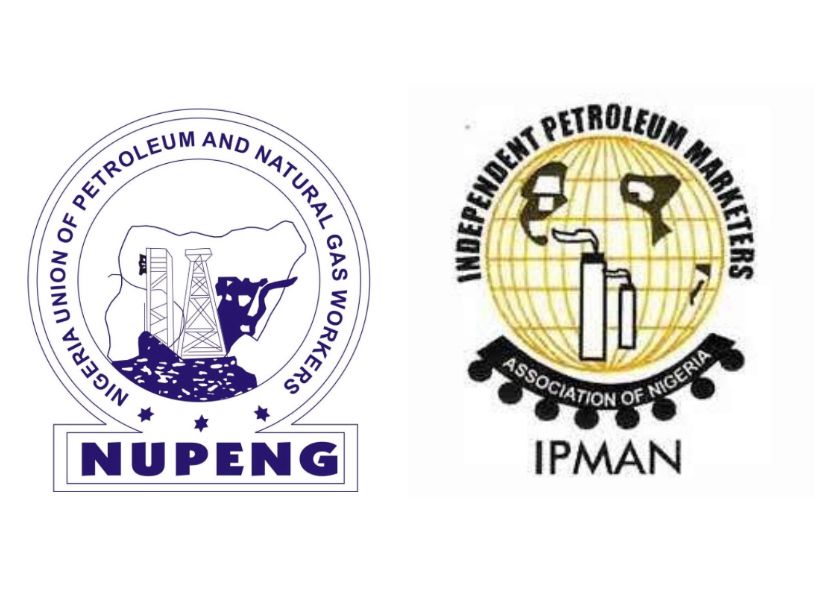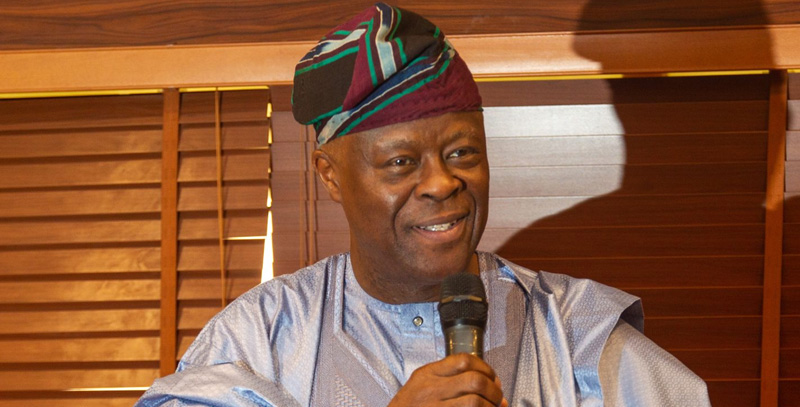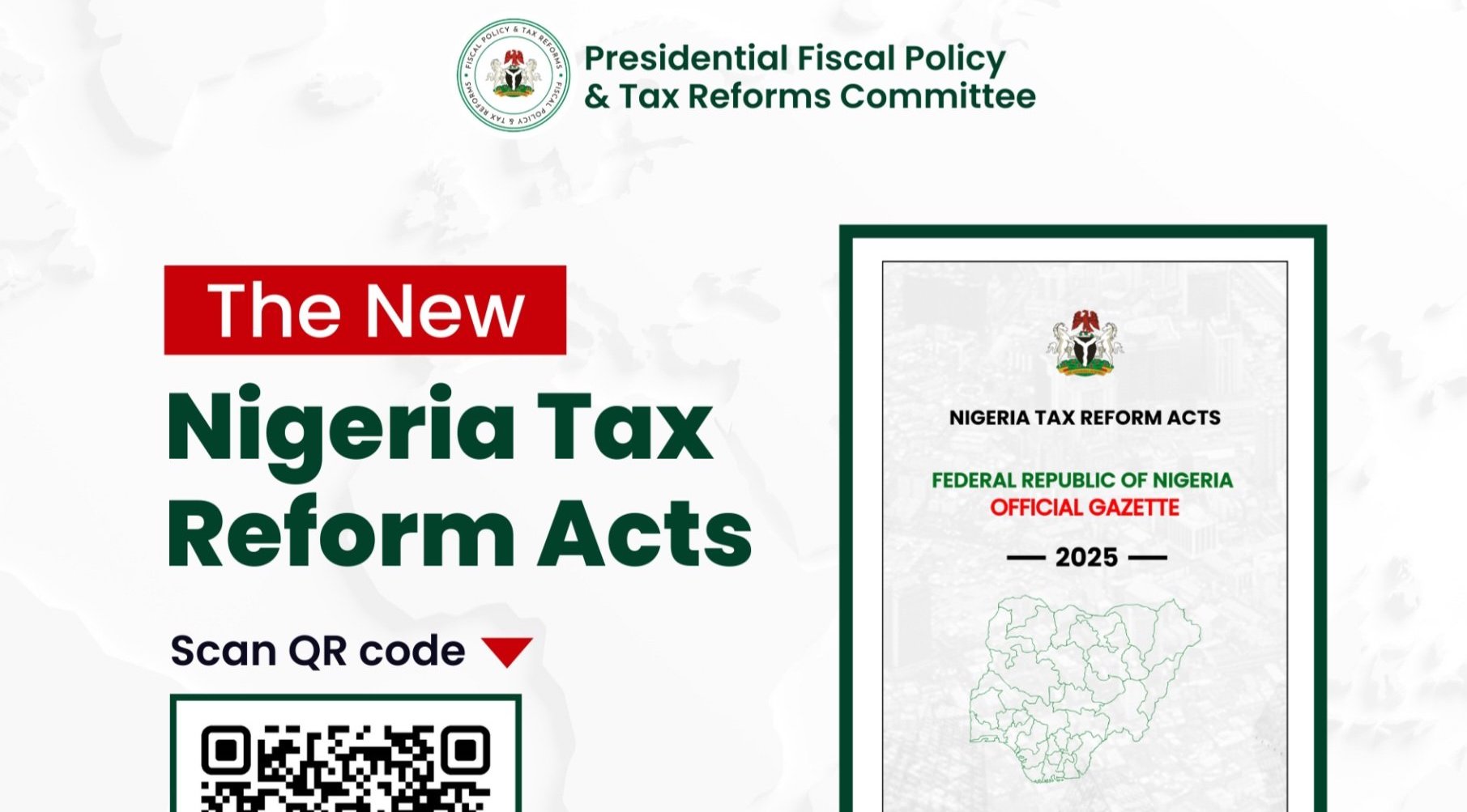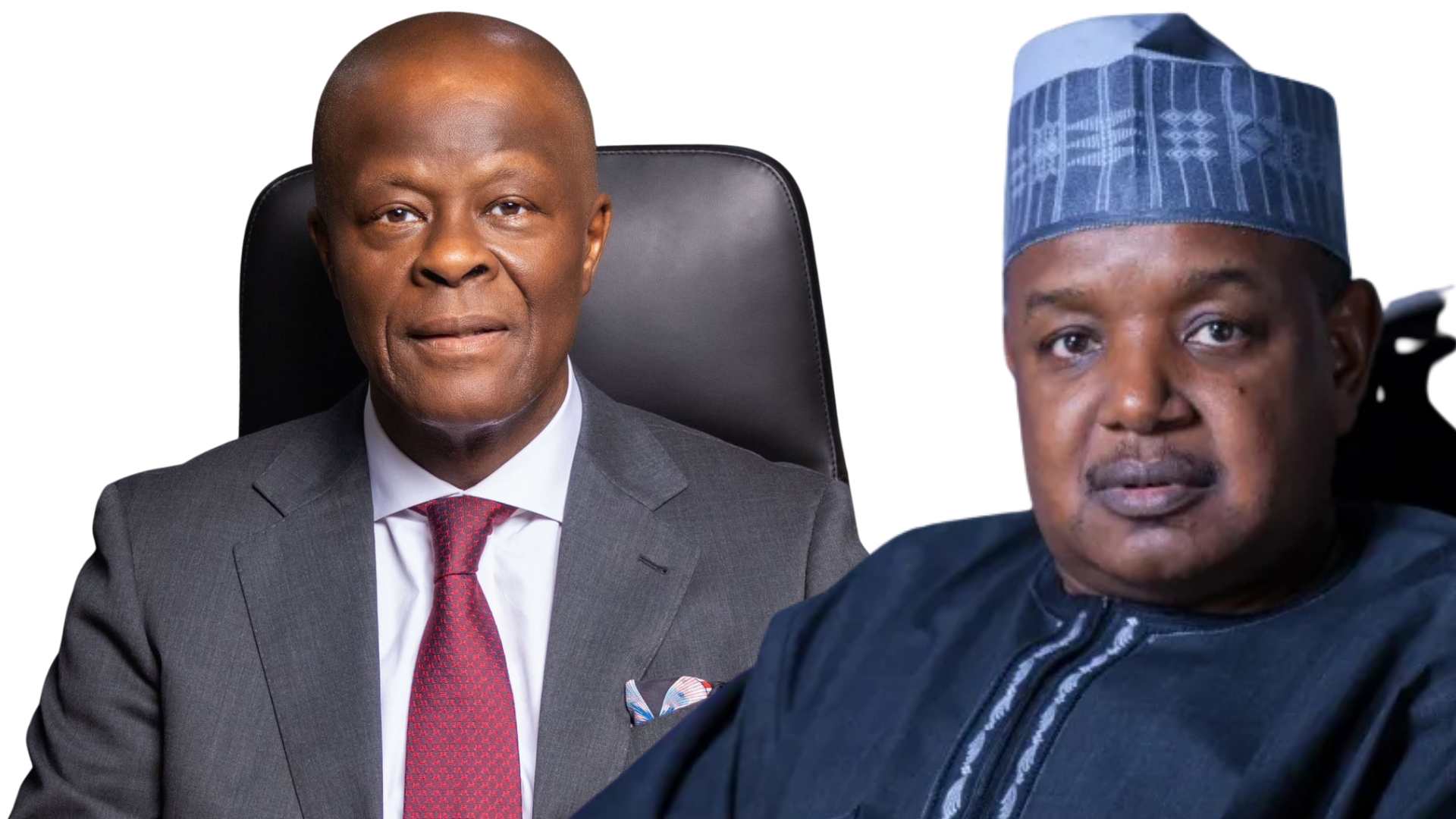The recent court ruling reaffirming that the Nigeria Police Force cannot be used by complainants to arrest, detain, or intimidate individuals for the purpose of debt recovery serves as a strong reminder of similar judgments previously issued against the EFCC, Davidson Iriekpen writes
For the umpteenth time, a Lagos State High Court penultimate week, in very clear terms, reminded the Nigeria Police Force (NPF) that it is not a debt recovery agency, and should not be used by private complainants for the unlawful arrest, detention and intimidation of people for matters arising from a civil dispute.
Delivering judgment in a suit orchestrated by one Tessy Chiamaka Nnadi, Justice Tanimola Anjorin-Ajose condemned what he described as a gross abuse of state power by both Nnadi and the police.
The judge cited relevant constitutional provisions—Sections 34, 35, and 41—to reinforce Chukwuemeka Akachukwu Ewereaku’s right to dignity, personal liberty, and freedom of movement, noting that these had been violated.
The matter arose from a December 2024 sale of luxury human hair valued at N560,000, advertised and sold by Ewereaku through WhatsApp. Dissatisfied after receiving the product, Ms. Nnadi reportedly stormed the businessman’s shop and insisted on a refund.
When her demands were not immediately met, she escalated the matter to the police. On December 11, 2024, armed policemen from the Lion Building Division allegedly arrested Ewereaku without any prior invitation.
He was then taken to the station, where he claimed to have been physically assaulted and forced under duress to refund the money.
In response, Ewereaku filed a fundamental rights enforcement suit — LD/1863MFHR/2024 — through his counsel, Chibuenyim Precious Onyemachi of Enyim Solicitors. The suit named the Nigeria Police Force, the Inspector-General of Police, the Lagos State Commissioner of Police, Inspector Tolu of Lion Building Division, and Ms. Nnadi as respondents.
He sought declarations and injunctive relief, contending that his arrest and detention were illegal and that the entire episode constituted a breach of his fundamental rights. He also submitted evidence, including medical reports and receipts, to support his claims of assault, harassment, and psychological trauma, including symptoms consistent with post-traumatic stress disorder (PTSD).
But the police respondents – Inspector-General, Lagos CP, and Inspector Tolu – did not enter any defence in court.
The judge, perhaps to dissuade many others from embarking or orchestrating such “gross abuse of state power,” awarded the sum of N5 million in general damages against Nnadi, who reported the issue to the police.
The court ruled that the police acted outside the scope of their constitutional mandate when they responded to Ms. Nnadi’s complaint over a strictly civil refund disagreement.
“The police cannot be used as debt recovery agents in purely commercial or civil transactions. The invitation, arrest, and detention of the applicant at the instance of the 5th respondent were illegal, unlawful, and unconstitutional.”
While the judge declined to issue a perpetual injunction restraining the police from any future investigation of the applicant, he granted several critical reliefs, including slamming N5million damages against the 5th respondent, Nnadi, for the unlawful use of state machinery to pursue a private civil claim.
Justice Anjorin-Ajose’s judgment is not the first time courts have warned the police and agents of the Economic and Financial Crimes Commission (EFCC) against allowing themselves to be used to harass individuals to recover debts.
It has become fashionable for some Nigerians to use law enforcement agents to harass, arrest and detain persons in order to retrieve debts arising from civil transactions instead of approaching the court to do so, possibly in an attempt to avoid lawyers’ professional fees.
In 2019, Justice J. O. Abdulmalik of a Federal High Court in Ibadan Oyo State capital, ruled that the EFCC has no power to arrest anyone or investigate debt recovery cases arising from breach of contract.
The judge in a damning judgment in a case filed by an Ibadan-based businessman, Francis Morakinyo Afolabi, through his lawyer, Mr. Joshua Olaniyan, against the commission and five others, declared that the EFCC Act 2004 does not empower the commission to arrest and detain anyone or investigate cases of breach of contract in business transactions. It held that the commission only has the power to arrest, detain or investigate financial crimes, not civil transactions.
Citing the case of Lima versus Mohammed (1999) LPELR-1973 (Supreme Court), the judge declared that “an aggrieved party in a breach of contract is to seek for civil redress by way of insisting on actual performance of the contract or seek damages for the breach.”
In 2021, a judge of the Oyo State High Court, Justice Iyabo Yerima, while delivering judgment in a suit marked No. M/377/2020, filed by a businessman, Kolawole Oyedeji against the EFCC and Messrs Segun Oloruntuyi and Olubunmi Adejorin, declared that attempts by the agency to extend its powers to debt collection or recovery will be tantamount to “meddlesomeness and interloping.”
In 2022, Justice Oluwatoyin Taiwo of the Ikeja Special Offences Court ordered the EFCC to stop acting as a debt recovery agency. Instead, the judge urged the complainant and all parties involved to proceed to a civil court for settlement.
On a few occasions, the Supreme Court had intervened on the unlawful use of the police, EFCC and other security agencies in the country to harass and intimidate individuals over debt collection, and warned them to desist from such conduct, but due to corruption and overzealousness, the action has persisted.
For instance, in a judgment delivered by Justice Sidi Bage in the case of EFCC vs. Diamond Bank Plc, Petro Continental Nigeria Limited and Dr. Peter Opara (2018) LPELR-44217(SC), the court emphatically held that the EFCC is not a debt recovery agency and should refrain from being used as such.
The apex court held that the powers conferred on the EFCC to receive complaints and prevent and/or fight the commission of financial crimes in Nigeria pursuant to Section 6(b) of the EFCC Act does not extend to the investigation and/or resolution of disputes arising or resulting from simple contracts or civil transactions as in this case.
It further held that the EFCC has an inherent duty to scrutinise all complaints that it receives carefully, no matter how carefully crafted by the complaining party, and be bold enough to counsel such complainants to seek appropriate/lawful means to resolve their disputes.
Nigeria’s security agencies, particularly the police and EFCC, must know that the citizenry’s confidence in them ought to first be ensured by the agencies themselves by jealously guarding the integrity of the uniform and powers conferred on them.
Nigeria’s security agencies no longer command any respect from the citizenry because of how low they have sunk.
The courts also need to come down hard on any complainant who would use the police, EFCC and other security operatives to harass, intimidate, arrest and detain their customers, business partners and others over debt in order to serve as a deterrent to others.






